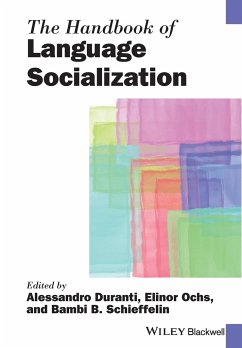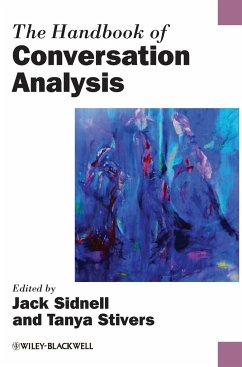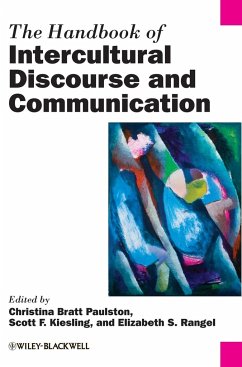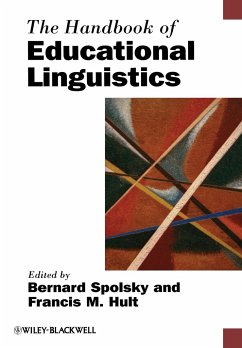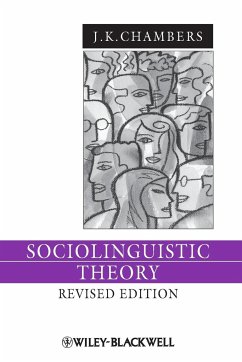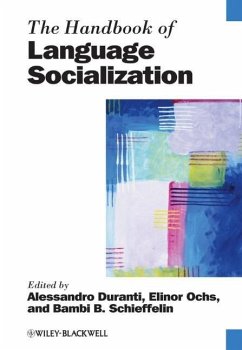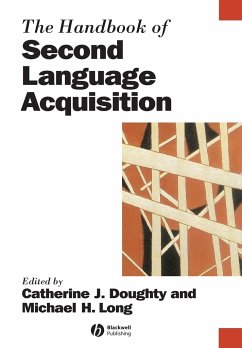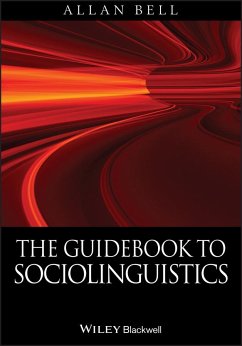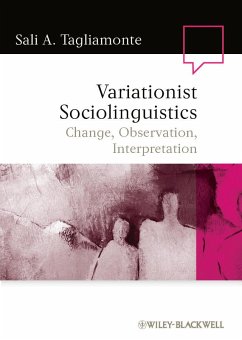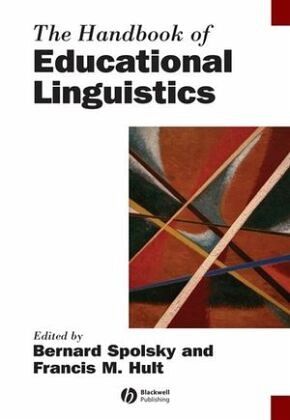
The Handbook of Educational Linguistics

PAYBACK Punkte
133 °P sammeln!
The Handbook of Educational Linguistics is a dynamic,scientifically grounded overview revealing the complexity of thisgrowing field while remaining accessible for students, researchers,language educators, curriculum developers, and educational policymakers.A single volume overview of educational linguistics, written byleading specialists in its many relevant fieldsTakes into account the diverse theoretical foundations, corethemes, major findings, and practical applications of educationallinguisticsHighlights the multidisciplinary reach of educationallinguisticsReflects the complexity of this g...
The Handbook of Educational Linguistics is a dynamic,scientifically grounded overview revealing the complexity of thisgrowing field while remaining accessible for students, researchers,language educators, curriculum developers, and educational policymakers.
A single volume overview of educational linguistics, written byleading specialists in its many relevant fields
Takes into account the diverse theoretical foundations, corethemes, major findings, and practical applications of educationallinguistics
Highlights the multidisciplinary reach of educationallinguistics
Reflects the complexity of this growing field, whilst remainingaccessible to a wide audience
A single volume overview of educational linguistics, written byleading specialists in its many relevant fields
Takes into account the diverse theoretical foundations, corethemes, major findings, and practical applications of educationallinguistics
Highlights the multidisciplinary reach of educationallinguistics
Reflects the complexity of this growing field, whilst remainingaccessible to a wide audience



